The Rural Electrification Agency (REA) has a $1 billion financing options approved by President Bola Tinubu, aimed at enhancing renewable energy access across Nigeria.
Managing director/chief executive officer REA, Abba Abubakar Aliyu, who made this known, said President Tinubu, on Tuesday launched the kick-off of the $750 million Distributed Energy System (DES) project.
Speaking during a Stakeholders’ Engagement Workshop in Abuja on Wednesday, Aliyu also revealed that the International Finance Corporation also launched a $250 million financing for all the Renewable Energy Service Companies (RESCOs) that will participate under the DES programme.
“Mr. President approved the request of the minister of Power by approving the $750 million distributed access to renewable energy scale of funding, which I’m happy to stand here to tell you that the programme was launched yesterday.
We have renewable energy service companies that are very much resilient and have the capability to access private sector funding. Yesterday, during the launch of the DES program, the International Finance Corporation also launched a $250 million financing for all the RESCOS that will participate under the DES programme.
He urged the private sector to utilise this opportunity, identify communities and start deploying this infrastructure, then return to REA and benefit from capital grant and subsidy based on the predetermined framework that was approved.
“That funding is there available for the private sector that meets the criteria. No guarantee, nothing. All that is required is once you have signed a grant agreement with the Rural Electrification Agency, the financing agreement with the IFC will just mirror the grant agreement you signed with the REA and you will get funding for the deployment of infrastructure across the country,” he stated.
The REA boss said the Electricity Act 2023 has created so many more opportunities in this country for the subnational, for local government, for communities to participate in providing electrification in this country.
“For the first time in the history of Nigeria, the entire electricity value chain has been liberalised and the subnational and the private sectors have been given the opportunity to play a key role in providing electrification in this country.
Aliyu also said that President Tinubu also agreed for a framework to be established for the distributed renewable energy. “For those of us that are following the news, we’ll find out that the NERC had created a committee that would facilitate the establishment of the National Electrification Strategy and Implementation Plan under the leadership of the executive governor of Cross River State. The committee has representatives of the governors of each of the geopolitical zones.
Aliyu noted that the Rural Electrification Fund has deployed 124 mini-grids and 25,580 solar home systems with a combined capacity of 16.6MW.
He disclosed that 195,198 connections have been made with 183 communities and 12 markets among the beneficiaries.
Aliyu said the project would provide uninterrupted power supply to 3,700 primary healthcare centres, 25 schools per state and FCT, 25 communities in each state and FCT, and solar-powered tricycles and charging stations across the 36 states and the Federal Capital Territory.
Minister of Power, Adebayo Adelabu, said the implementation of the $750 billion World Bank loan for the development of renewable energy, off-grid electricity supply has become a key component of the government’s plan to bridge the electricity supply gap.
With about 80 million Nigerians estimated to be without electricity supply, the government said the e-HEART project aims to deploy mini-grids to solve the energy access problems in rural communities, thereby creating sustainable economies and reducing rural-urban drift in Nigeria.
The government, as part of this strategy, has also earmarked another $700 million from the African Development Bank to fund the “desert to power” project, which seeks to harness the abundant sunlight in the northern region of the country to generate renewable energy for communities.
Represented by the director of Renewable and Rural Power Access, Dr. Sunday Owolabi expressed optimism that the various projects in the renewable energy sector would impact at least 13 million Nigerians.
He said: “At the recent Federal Executive Council (FEC), His Excellency approved €161 million worth of contracts for the upgrade of power substations under the Presidential Power Initiative (PPI). I am happy to assure you that we are on course to deliver an additional 150MW to the grid while impacting 14 existing substations and establishing 21 new ones.
“The team REA have also been hard at work as we approach the kick-off of the Distributed Access through Renewable Energy Scale-up (DARES) programme, which I believe many of you must have heard about. Our partners at the World Bank have committed $750 million to this groundbreaking project and we are certain that over 13 million Nigerians will be impacted through the DARES.”

 3 hours ago
2
3 hours ago
2


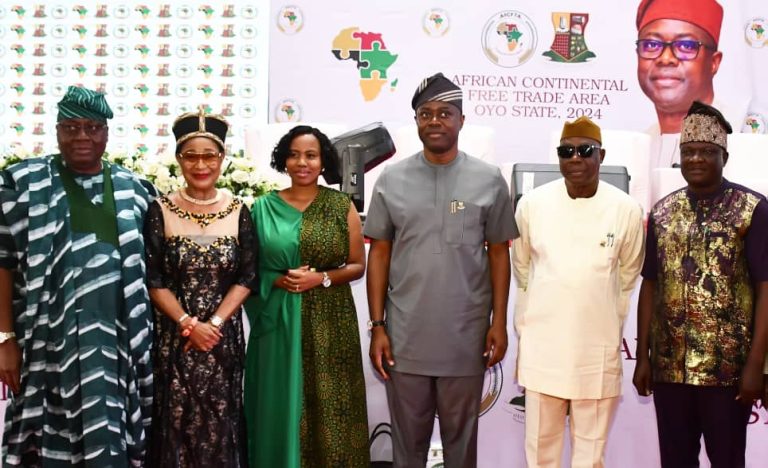


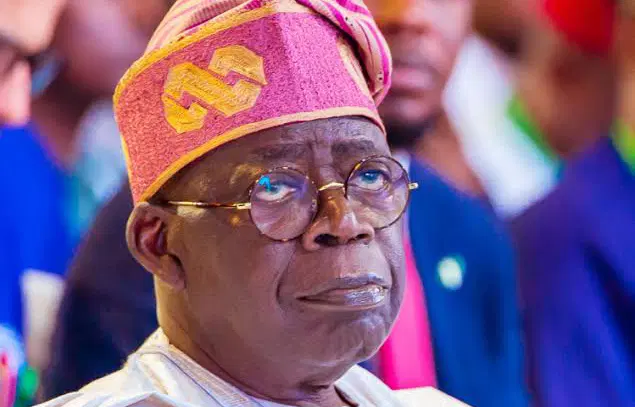
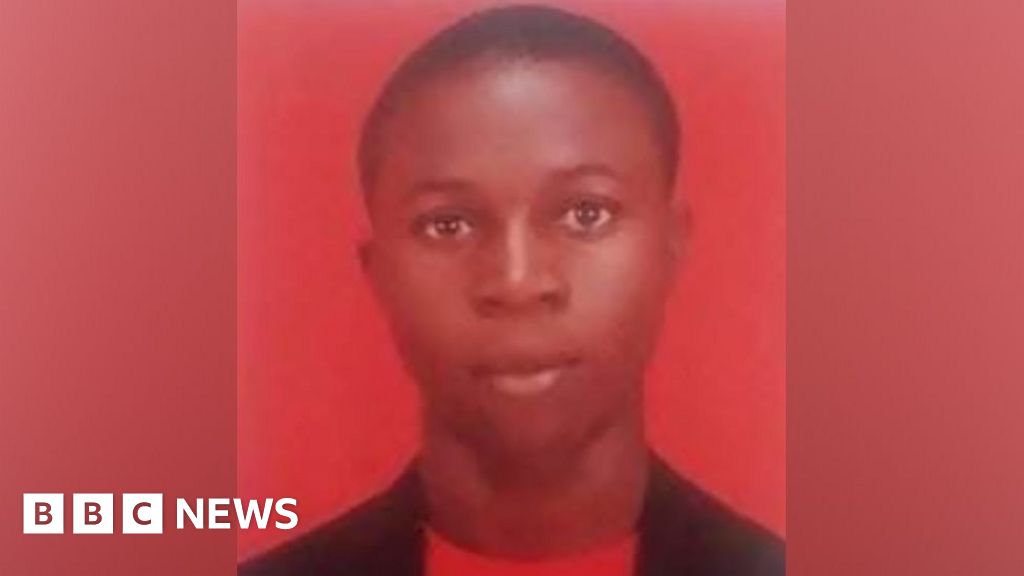

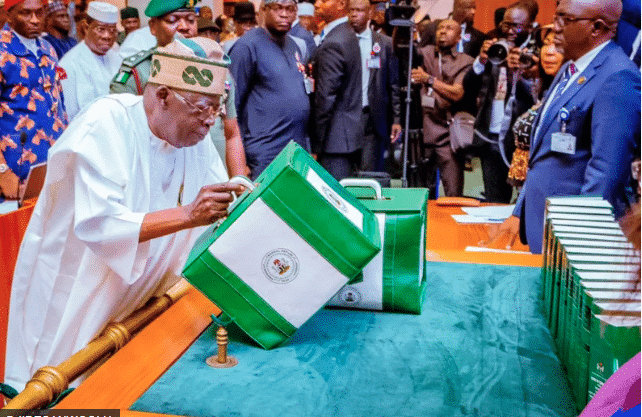
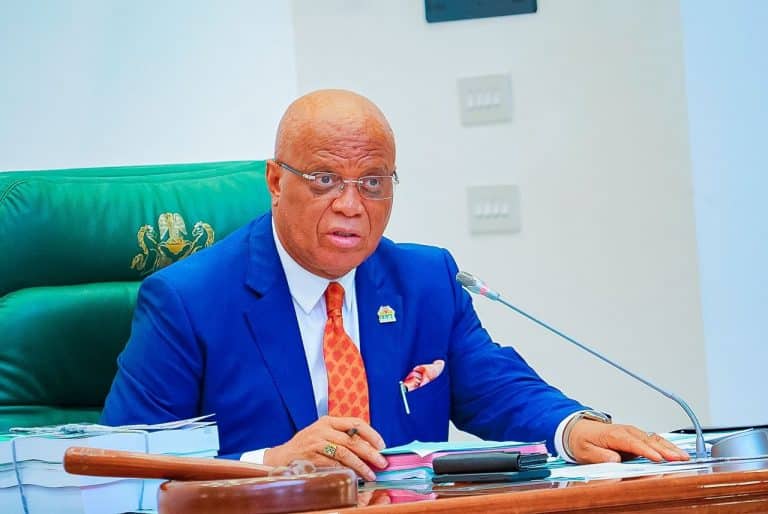
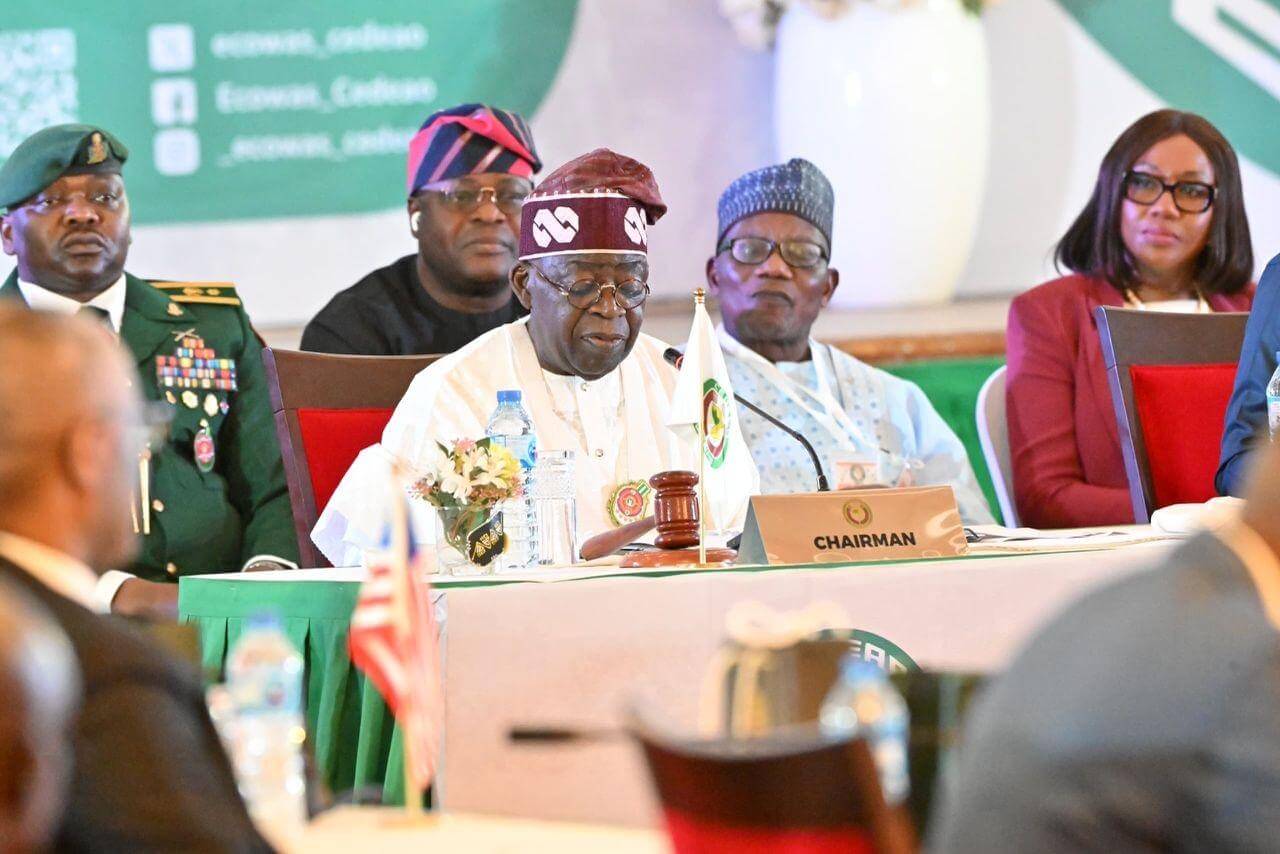
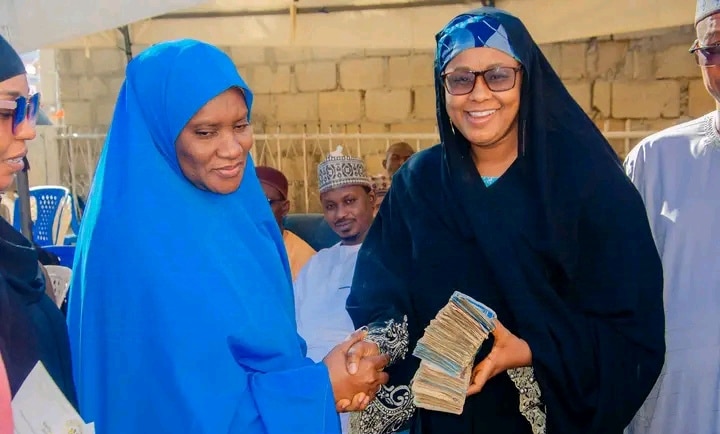


 English (US) ·
English (US) ·